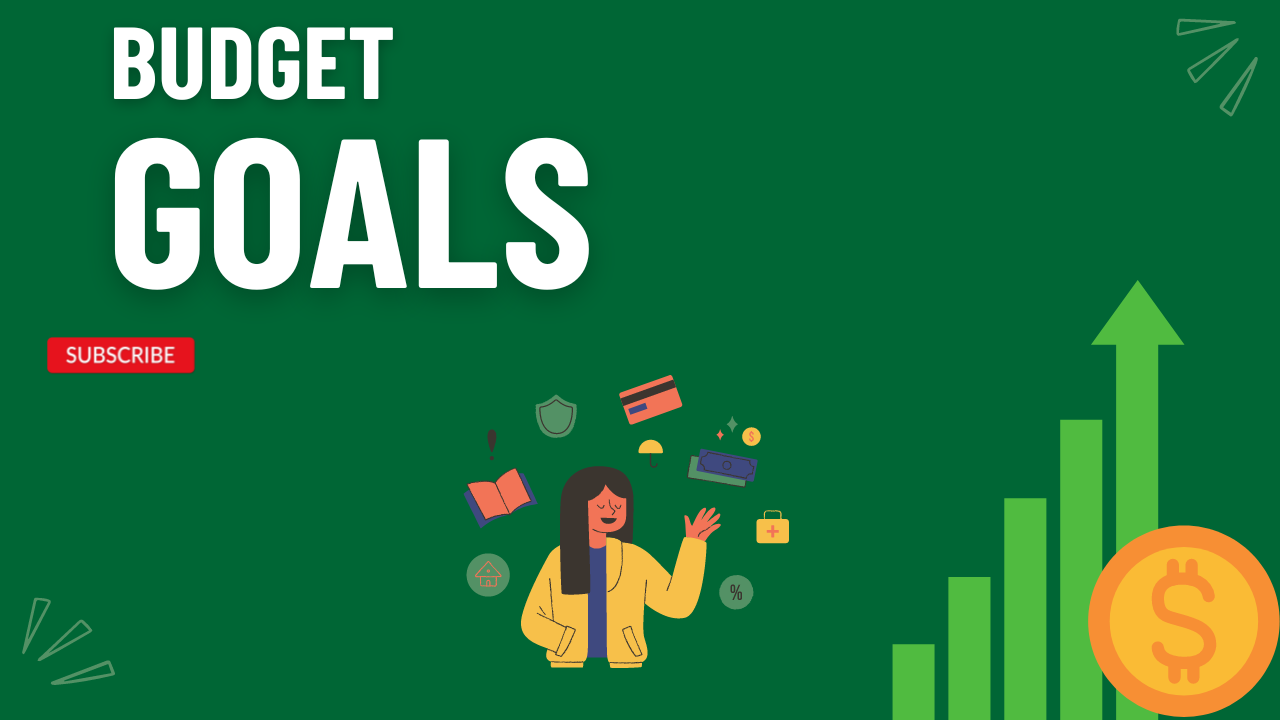Introduction:
I’ve always been a massive spender. I love buying new clothes, eating out, and traveling. But as I got older, I began to realize that my spending was getting out of control. I was always broke and started to worry about my personal finance.
That’s when I decided to manage my own money.
At first, I created a budget and have stuck to it ever since. I have also started saving and investing and am well on my way to achieving my financial goals.
In this blog post, I will share some ideas that have helped me manage my personal finances. Those who are willing to manage their personal finances can incorporate these ideas into their routine.
1. Create a budget:
This is the most important first step in managing your finances. Budget allows you to keep track of your earnings and expenditures so that you know where your earnings are going. Once you know about the expenses, you can start changing your spending habits.
Below are some real-life tips For creating a budget:
- You can kick-start your budget by tracking your earnings and expenses for a month. This will give you a precise picture of where your money is going.
- Once you know where your money is going, you can start changing your spending habits.
- Set realistic personal goals. Don’t try to cut too much too quickly or you’ll end up with more.
- Provides convenience to your budget. Some things happen and your budget should be able to keep up with them.
2. Save money:
After determining your budget, you can start saving. This could be for emergency, retirement, or pension funds.
Here are some money-saving tips:
- Set a savings goal: How much do you want to save?
- First recorded: Have automatic transfers from your checking account to your savings account.
- Find ways to reduce debt: This could mean eating less, removing unused brands, or finding cheaper alternatives.
- Make saving fun: Set up a piggy bank and deposit some money every day.

3. Payment of debts:
If you have debt, it is important to have a repayment plan.
There are many strategies for paying off your debt, so you can find the one that works best for you.
Here are some tips for paying off your debt:
- Write down all your debts, including balance, interest, and minimum payments.
- Before your expenses, pay off your debt with the highest interest rate first.
- Debt payment exceeds the minimum limit.
- This will help you pay their bills faster.
- Cut expenses to earn extra money to pay off your debt.
4. Deposit your money:
If you have extra money, you can invest your money to grow over time.
Since many types of investments are available, you can choose the one that suits your risk appetite and investment objectives.
Here are some investment tips:
- Do your research. Make sure you understand the risks and potential rewards before investing any money.
- Start small. You don’t need to invest a lot of money to get started.
- Be patient. Investing is a long-term game. Don’t expect to get rich quickly.
5. Protect your finances:
It’s also essential to protect your finances from unexpected events. This can include things like identity theft, insurance, and estate planning.
Here are some tips to protect your finances:
- Get anti-theft protection. This will help you monitor your credit report and prevent identity theft.
- Have adequate insurance.
- This may include health insurance, auto insurance, and homeowners insurance.
- Create residential plans. This will ensure that your assets are distributed according to your wishes when you die.
Result:
Managing your own finances is not easy, but it is possible. Following the advice in this blog post can improve your finances and achieve your financial goals.
I hope this blog post will help you. If you have any questions, please feel free to comment below.
Follow Aarvy Palette for more real life tips and tricks for a happy and healthy life! Also check out our blog on investment to learn about investment!


Heyy nice content up there..keep on posting..!
Pingback: DEFEAT Inflation: Top 5 Ways to Protect Your Finances - Aarvy palette